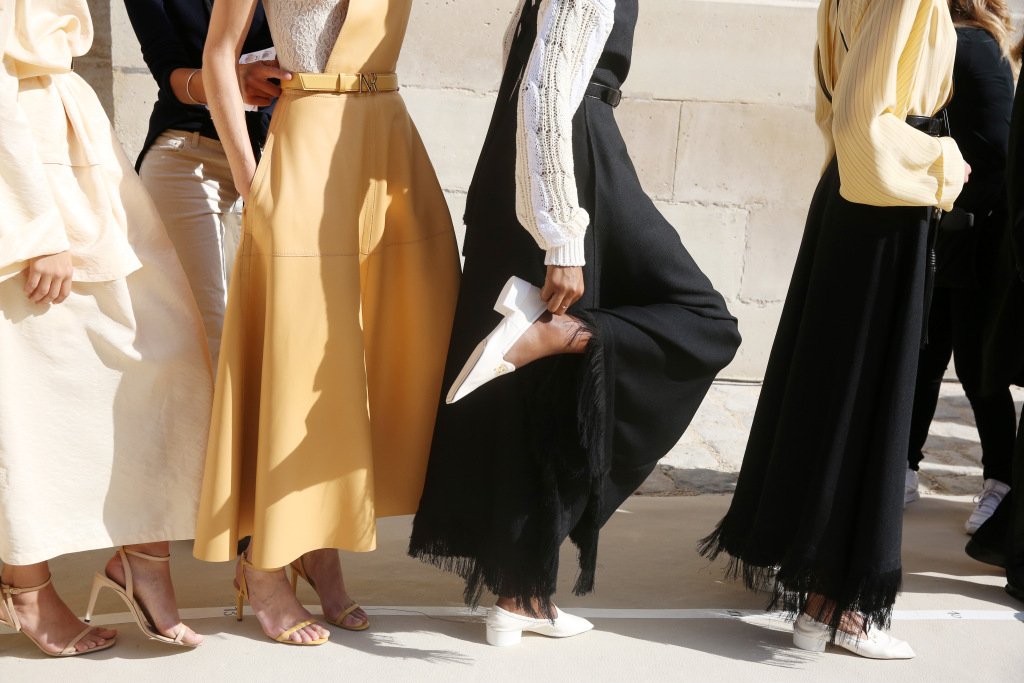A European Union regulator is looking to crackdown on anti-competition within the fashion industry. In a statement on Tuesday, the European Commission announced that it has started “unannounced inspections at the premises of companies active in the fashion industry in several Member States,” and at the same time, “has sent out formal requests for information to several companies active in the fashion sector,” citing concerns that the unidentified fashion industry players may be engaging in anti-competitive behavior in violation of EU law, including by potentially joining together to fix prices, limit production or share markets or customers, instead of engaging in competition.
“The Commission has concerns that the companies concerned may have violated Article 101 of the Treaty on the Functioning of the European Union (‘TFEU‘) and Article 53 of the European Economic Area Agreement, which prohibit cartels and other restrictive business practices,” the European Commission stated, noting that unannounced inspections are “a preliminary investigative step into suspected anticompetitive practices.” The regulator cautions, stating that fact that it is carrying out such inspections and sending out formal requests for information “does not mean that the companies are guilty of anti-competitive behavior, nor does it prejudge the outcome of the investigation itself.”
The fashion industry-specific action comes as the focus of the Commission for the 27-member bloc appears to primarily lie with big tech. In March, for instance, the Commission revealed that it had initiated a formal antitrust investigation to assess whether an agreement between Google and Meta (formerly Facebook) for online display advertising services breached EU competition rules, namely, Article 101 of the TFEU and/or amounts to the abuse of a dominant position (Article 102 TFEU). Meanwhile, earlier this month, the European Commission informed Apple of its preliminary view that it abused its dominant position in markets for mobile wallets on iOS devices “by limiting access to a standard technology used for contactless payments with mobile devices in stores (‘Near-Field Communication (NFC)’ or ‘tap and go’),” and thereby, restricting competition in the mobile wallets market on iOS.
Not limited entirely to tech, the Commission has pin-pointed at least one fashion-centric entity this year (aside from the unnamed companies involved in the recently-announced probe) in connection with an anti-competition probe, announcing early this year that it had launched a formal antitrust investigation to assess whether Pierre Cardin and its licensee the Ahlers Group may have breached EU competition rules by restricting cross-border and online sales of Pierre Cardin-licensed products, as well as sales of such products to specific customer groups. According to a statement from the Commission in January that “Pierre Cardin and Ahlers may have breached EU competition rules by restricting the ability of Pierre Cardin’s licensees to sell Pierre Cardin-licensed products cross-border, including offline and online, as well as to specific customer groups.”
The investigation, which is currently underway, is said to focus on whether Pierre Cardin and Ahlers, its largest licensee, “developed a strategy to prevent parallel imports and sales to specific customer groups of Pierre Cardin-branded products by enforcing certain restrictions in the licensing agreements,” per Reuters, as the Commission has reinforced rules against curbs on cross-border and online sales as part of a push to boost e-commerce.











